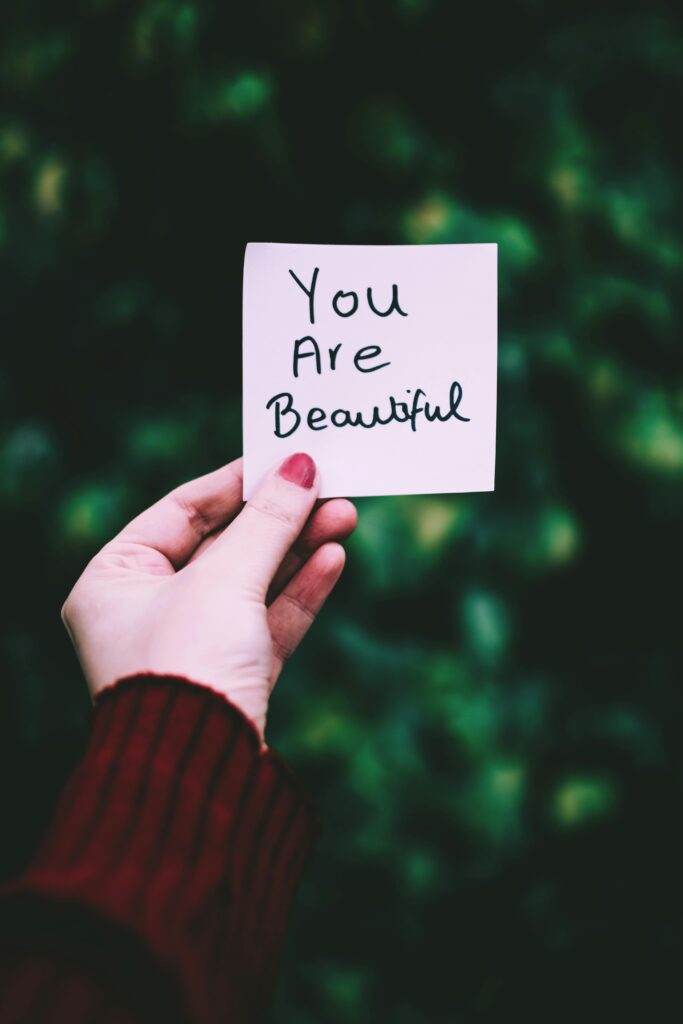We believe that empowered women are the cornerstone of resilient communities. Through skill development, legal awareness, entrepreneurship support, and leadership training, we enable women to take charge of their futures and uplift those around them.

- Education:
Education is a powerful tool for empowering women, providing them with knowledge, skills, and the ability to make informed choices.
- Economic empowerment:
Ensuring women have equal access to economic opportunities, including employment, entrepreneurship, and financial services, is crucial for their independence and well-being.
- Political participation:
Encouraging women to participate in decision-making processes at all levels, from local to national, is essential for ensuring their voices are heard and their interests are represented.
- Social and cultural change:
Addressing discriminatory attitudes and practices, challenging gender stereotypes, and promoting positive social norms are vital for creating a more equitable society.
- Access to healthcare:
Ensuring women have access to quality healthcare services, including reproductive health services, is fundamental to their overall well-being.
- Legal and policy frameworks:
Strengthening laws and policies that protect women’s rights and ensure gender equality is essential for creating a more just and equitable society.
- Economic growth:
Empowered women are more likely to be employed, earn higher wages, and contribute to the overall economy.
- Social progress:
Empowering women can lead to improvements in areas such as education, healthcare, and social welfare, benefiting both women and their families.
- Improved family well-being:
When women are empowered, they are better able to support their families, improve the health of their children, and contribute to a more stable and prosperous household.
- Increased political stability:
Empowered women can contribute to more inclusive and democratic societies, leading to greater political stability and better governance.
- Reduced violence:
Empowering women can help reduce gender-based violence and other forms of discrimination.
- Socio-cultural norms:
Traditional gender roles and stereotypes can hinder women’s progress and limit their opportunities.
- Poverty:
Poverty can disproportionately affect women, limiting their access to education, healthcare, and other resources.
- Lack of legal protection:
Inadequate laws and policies can leave women vulnerable to discrimination and violence.
- Political and social exclusion:
Women may face barriers to participation in political and social life, limiting their ability to influence decision-making.
